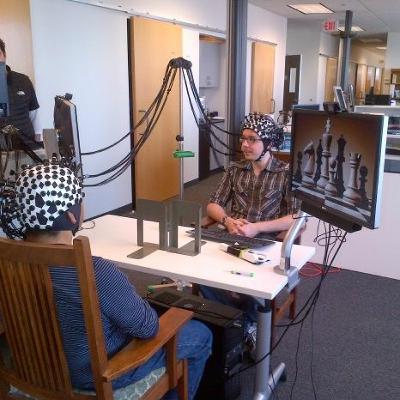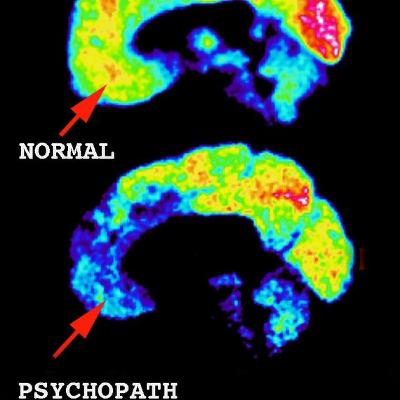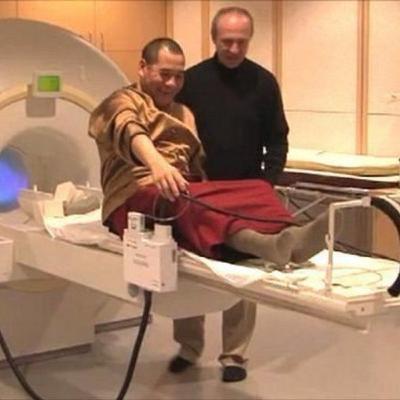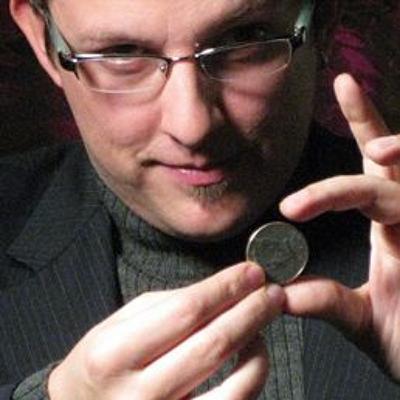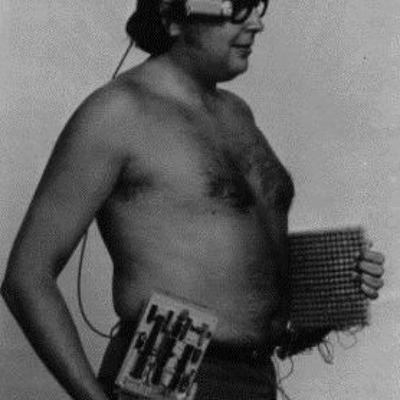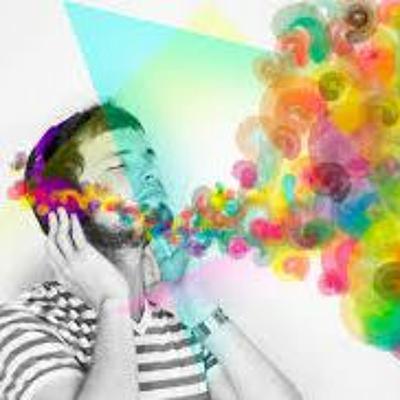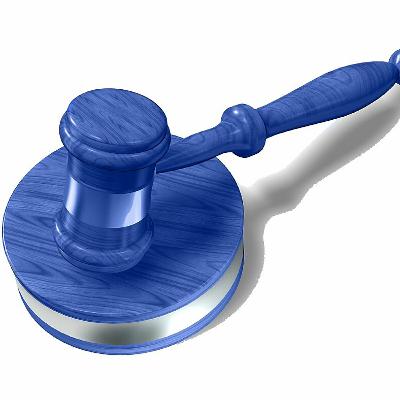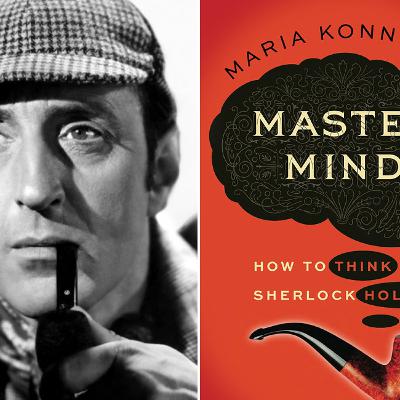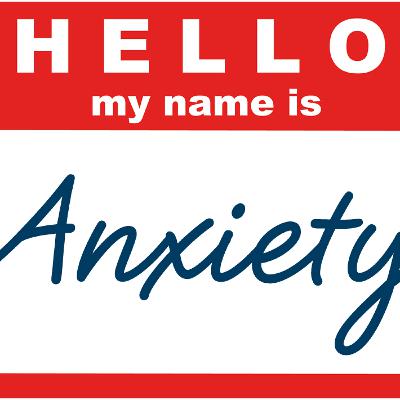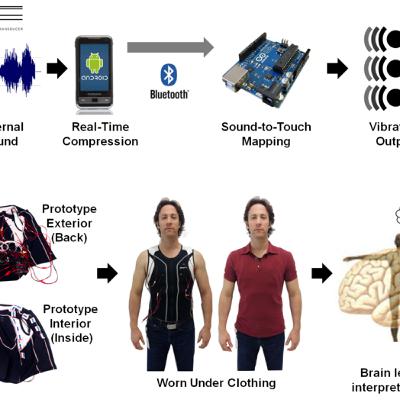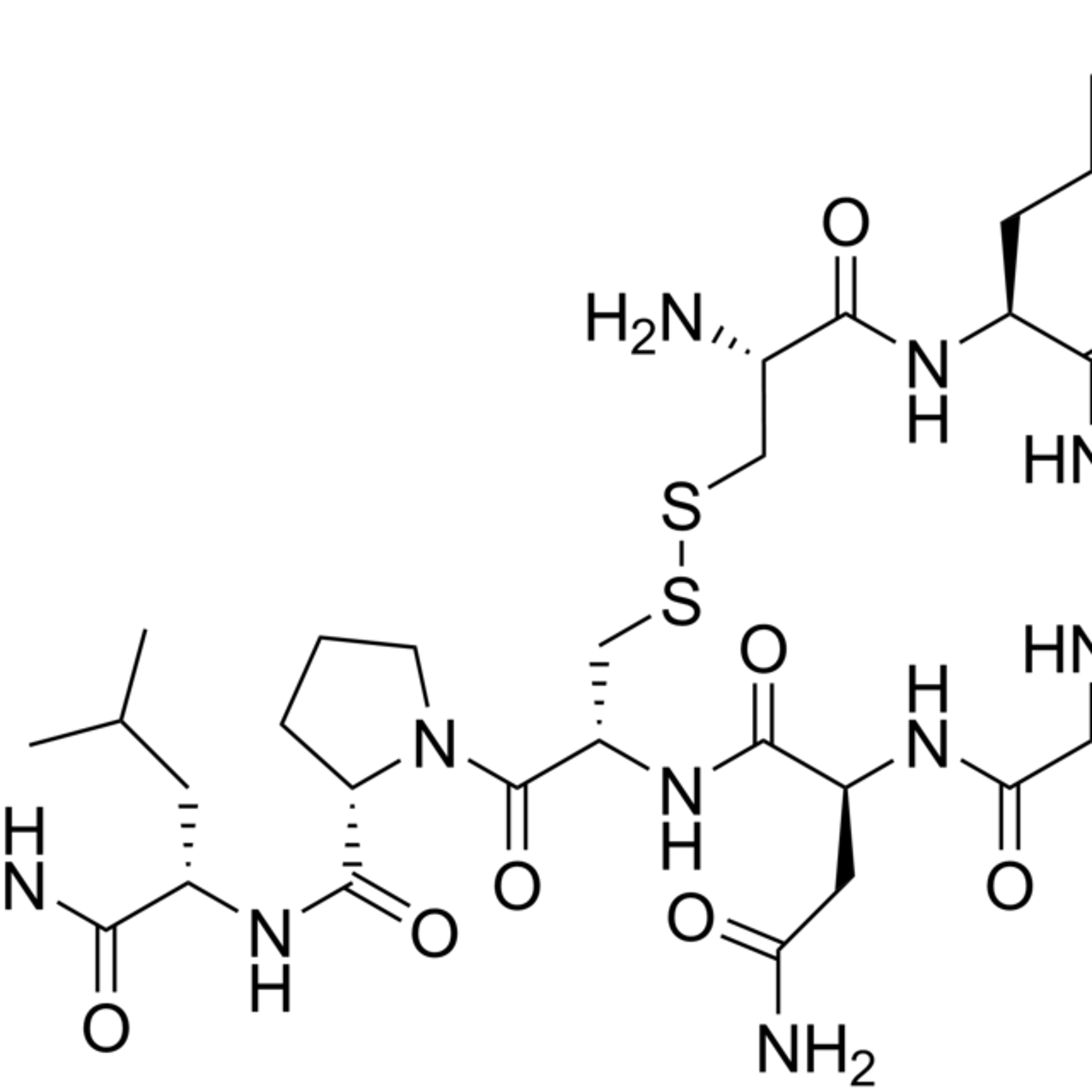Discover Explain the Brain
Explain the Brain

Explain the Brain
Author: Explain the Brain
Subscribed: 254Played: 1,018Subscribe
Share
© All rights reserved
Description
From The Mind Science Foundation (mindscience.org), a little show that asks big questions about our minds, with help from the boldest scientists in neuroscience and psychology. Produced and hosted by public radio reporter Audrey Quinn.
29 Episodes
Reverse
We'll be back soon!
This Yale researcher wants to take her field in a completely new direction.
Can a borderline psychopath rehabilitate himself?
How to spot the psychopaths in our political history, and our current election.
How to stop a psychopath.
Hint: You've got to start early.
A neuroscientist makes an unsettling discovery.
This neuroscientist thinks Western science is missing the mark by studying the markers of consciousness, instead of the thing itself.
Justin Hulbert's found that by suppressing bad memories we may compromise our ability to form new memories.
Heather Berlin's a neuroscientist at Mount Sinai School of Medicine, and she has a new theory for the causes behind OCD.
Stephen Macknik and Susana Martinez-Conde reveal what magicians can teach neuroscientists.
Neuroscientist David Eagleman is creating a new device to help blind people "see." And it looks a lot like an an athletic vest.
What's really going on in the minds of synesthetes?
Conventional thinking about brains, and blame, can be useless in a court of law.
That whole idea of an internal clock? It's a lie.
The author of "Mastermind" explains how to better use your brain.
Modern psychology is just now coming to grips with our subconscious thoughts -- and finding there's not a lot we can do to control them.
Hunter College cognitive psychologist Diana Reiss describes her search for the Rosetta Stone of dolphin language.
The way we’ve studied anxiety has been more helpful to rats in mazes than humans in stressful situations.
Neuroscientist David Eagleman is creating a new device to help blind people "see." And it looks a lot like an an athletic vest.
This neuroeconomist thinks he's found a reason why we do nice things for other people.



